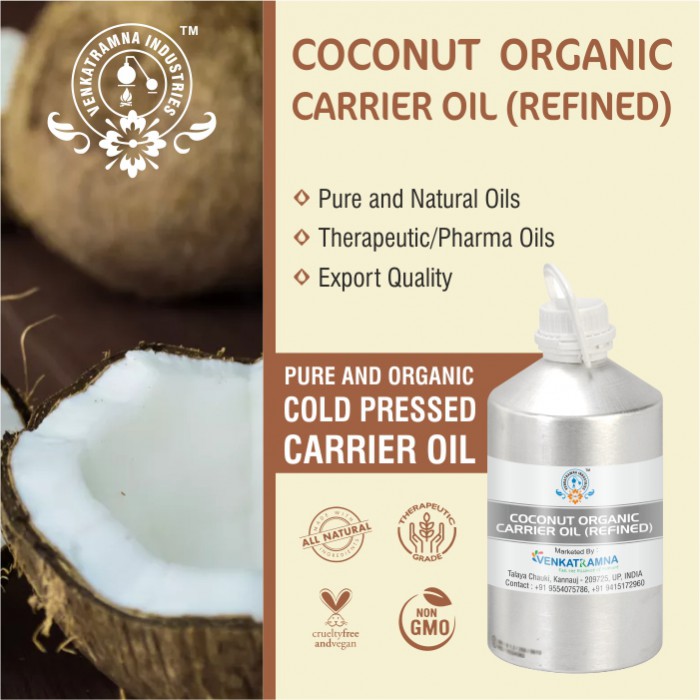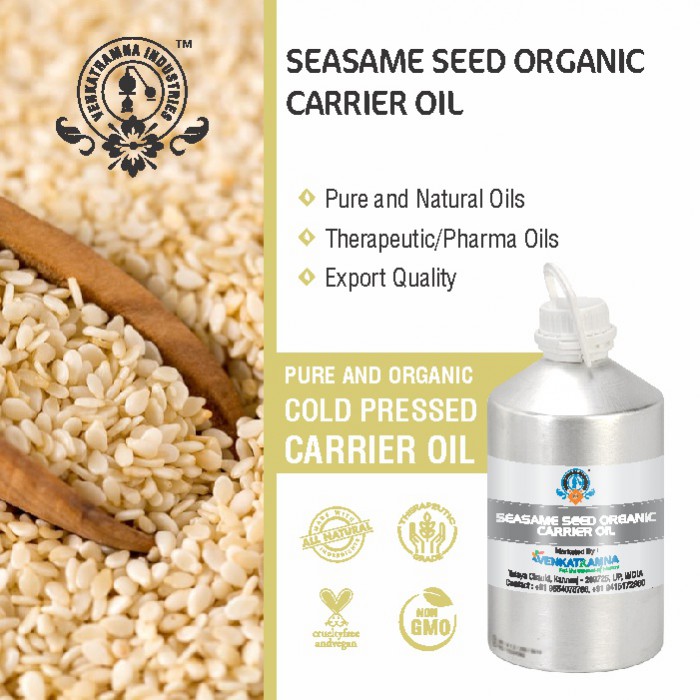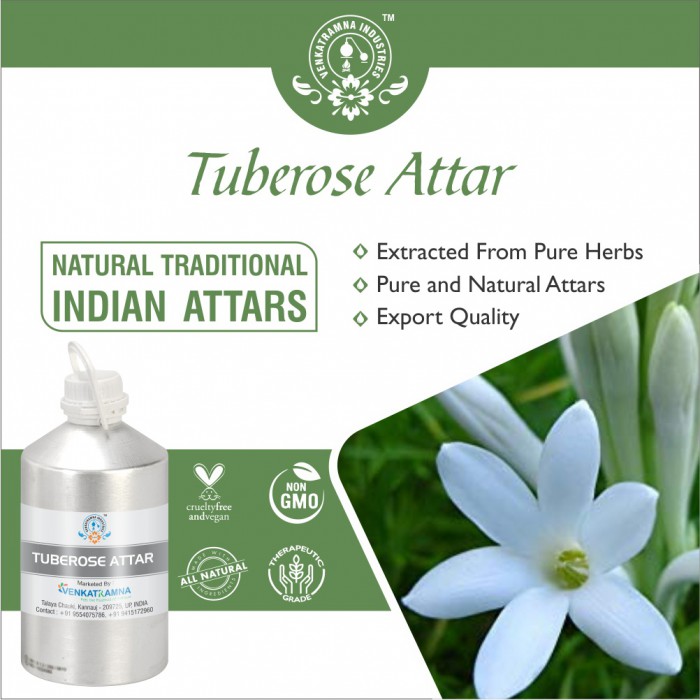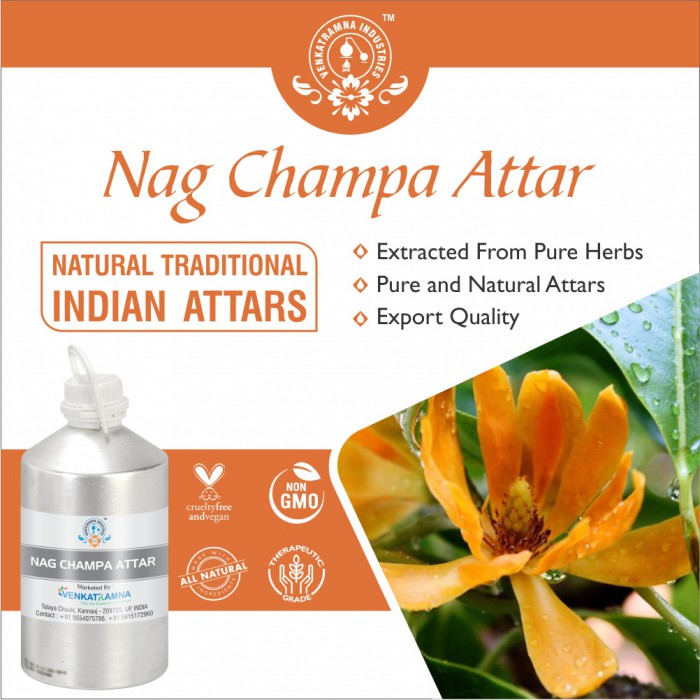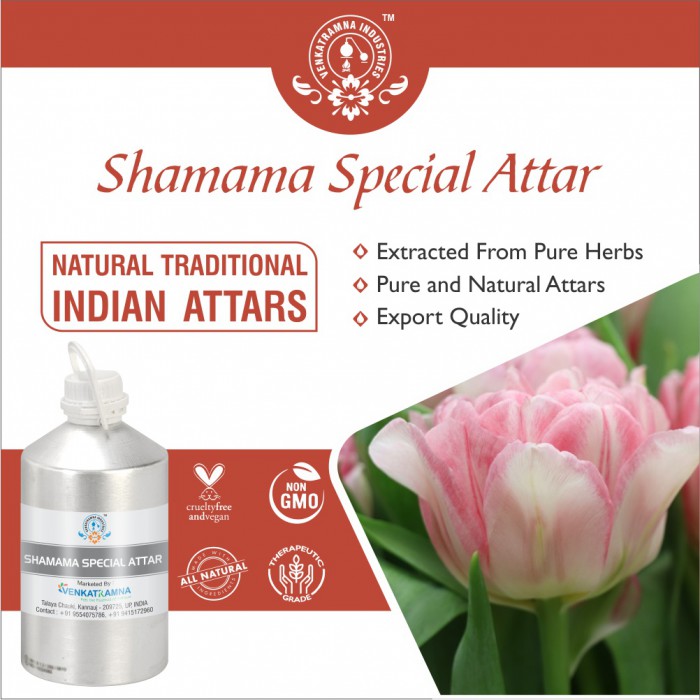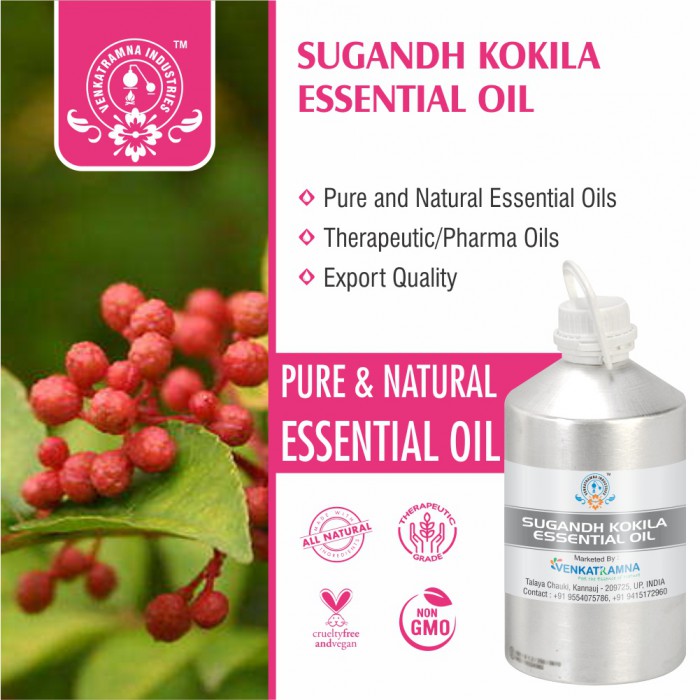Botanical Name: Bursera Graveolens Common name: Palo santo, holy stick, holy woo Read More
|
Botanical Name: |
Bursera
Graveolens |
|
Common name: |
Palo
santo, holy stick, holy wood |
|
Plant
family: |
Burseraceae |
|
Genus: |
Bursera |
|
Appearance/Color: |
Pale Yellow to light brown liquid with thin consistency and
clear |
|
Odor: |
It has
a fresh, intense woody aroma with a slight hint of citrus with middle aroma
at a top note. |
|
Blends With: |
Cedar Wood, Sandalwood and other wood oils |
|
Origin: |
Ecuador |
|
Source: |
Wood |
|
Method
of Extraction |
Steam
Distillation |
Palo
Santo oil is a true aromatic treasure and a Floracopeia staple. It is renowned
for its distinctive uplifting fragrance and its pronounced healing powers. Palo
Santo Essential Oil is rich in limonene. A natural purifier, use it in your
diffuser to keep you and your family healthy through the winter months.
Palo Santo, a name now more popular in medicine than in history. A sacred tree used by Shaman’s and in ancestral medicinal practices, known to have cleansing and healing properties. It is used in meditation for creating a deeper bond with the creation. The Shaman of Peru used to burn Palo Santo to ward off evil spirits, thoughts and misfortune with its aroma.
DISCLAIMER
The complete range of conditions
or methods of use are beyond our control therefore we do not assume any
responsibility and expressly disclaim any liability for any use of this
product. Information contained herein is believed to be true and accurate however,
all statements or suggestions are made without warranty, expressed or implied,
regarding accuracy of the information, the hazards connected with the use of
the material or the results to be obtained from the use thereof. Compliance
with all applicable federal, state, and local laws and local regulations
remains the responsibility of the user.
The FDA has not evaluated the
statements on this website. No claims are made by Venkatramna Industries as to
the medicinal value of any products from vriaroma.com or by us. The information
presented here is for educating our customers about the traditional uses of
essential oils and is not intended to diagnose, treat, cure, or prevent any
disease. You are responsible for understanding the safe application of these products.
If you have any questions, please call or email us for further information.
As per NAHA guidelines, New Directions Aromatics
(NDA) does not recommend the ingestion of essential oils. It is imperative to
consult a medical practitioner before using Essential Oils for therapeutic
purposes. Pregnant and nursing women and those taking prescription drugs are
especially advised not to use this product without the medical advice of a
physician. The oil should always be stored in an area that is inaccessible to
children, especially those under the age of 7.
Palo
Santo is traditionally used in South America as an antiseptic and to remove
impurities from the skin and body and home. It is used to clear homes of
"bad energy" and bring in good fortune. Anti-viral and anti-bacterial
compounds in Palo Santo have made it a popular remedy in South America for
treating for cold and flu.
Palo
Santo essential oil is among the best oils to use via direct palm inhalation
for its clearing and inspiring properties. It has settling, calming and
grounding qualities, thus making it a great ally for maintaining emotional equanimity,
as well as a superb oil for spiritual upliftment.
Palo
Santo essential oil is used for calming panic attacks and anxiety. It is a
mood up lifter and quite helpful with depression especially when combined with
other anti-depressive oil such as Blood Orange, Frankincense or Neroli.
It’s
anti-inflammatory and analgesic qualities make it a good remedy for headaches
and migraines as well alleviating pain from tight muscles and restricted
joints. The topical application has beneficiary effects on painful body parts. Anti-inflammatory
and anti-histamine properties in Palo Santo make it helpful in relieving the
symptoms of season allergies.
It
is a great oil for skin infections and helpful in cases of acne especially when
combined with other skin healing essential oils like Carrot Seed, Helichrysum
Italicum, and Manuka. Palo Santo has a pleasant aroma which is plus when
needing an insect repellent. It is commonly burned (like citronella) or sprayed
on the skin to repel mosquitos and other insects. Antioxidants and
anti-inflammatory phytochemicals make Palo Santo essential oil a powerful
immune booster.
Because
Palo Santo has anti-viral and anti-bacterial properties, it can be used as a
household cleanser and odour reducer.
COMMON USAGE
·
Cold or Flu Treatment
·
Headache Treatment
·
De-Stressor and Relaxant
·
Detoxifier and Immune Enhancer
·
Joint and Muscle Pain Reducer
·
Bug/Mosquito Repellent
·
Allergy Reducer
·
Household
Cleaner
Ingredients:
|
S.No |
Key Constituents |
Strength (%) |
|
1 |
(þ)-Limonene |
58.6–63.3 |
|
2 |
(þ)-Menthofuran |
6.6–11.8 |
|
3 |
a-Terpineol |
7.1–10.9 |
|
4 |
Carvone |
1.6–2.0 |
|
5 |
Germacrene D |
1.7 |
|
6 |
b-Pulegone |
1.1–1.2 |
|
7 |
g-Muurolene |
0.7–1.2 |
|
8 |
(E)-Carveol |
0.4–1.1 |
Safety Summary
·
Hazards: Skin
sensitization if oxidized; hepatotoxicity.
·
Cautions: Old or oxidized oils should be avoided 94 mg
Maximum dermal
use level - 3.4%
Safety advice oxidation of palo santo oil is avoided by
storage in a dark, airtight container in a refrigerator. The addition of an
antioxidant to preparations containing it is recommended.
Organ Specific Effects
·
Adverse skin reaction: No data found
·
Hepatotoxicity: Menthofuran is toxic to both liver and lung
tissue in mice. In rats, high oral doses of menthofuran caused hepatotoxicity,
detected as changes in blood levels of liver enzyme markers for liver disease.
b-Pulegone is also hepatotoxic.
Systemic Effects
·
Acute
Toxicity: No data found
·
Carcinogenic/anti carcinogenic potential: No data found; (þ)-Limonene displays
anticarcinogenic activity.
·
Ecotoxicity: toxic to fish
·
Bioaccumulation: No data available
·
Mobility in soil: No data available
·
Persistence and degradability: No data available
·
PBT and vPvB assessment: No data available
·
Avoid direct exposure into water streams and
ground water sources.


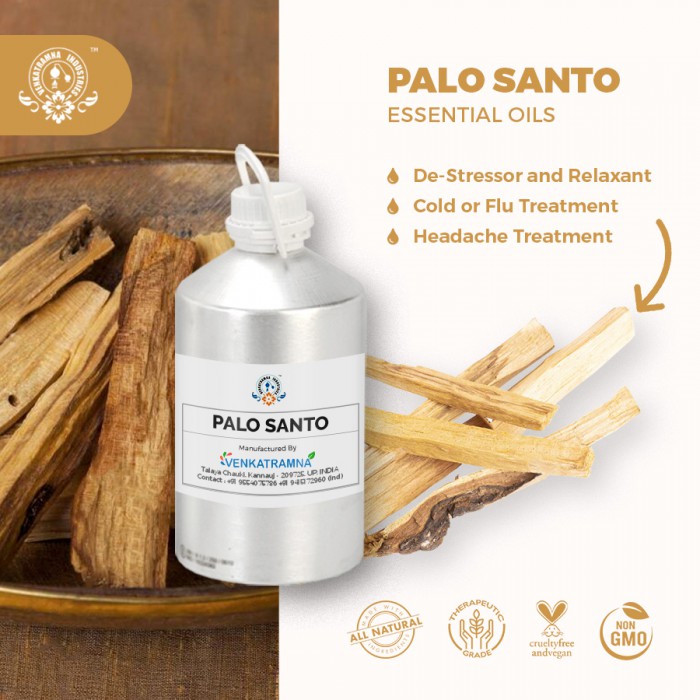
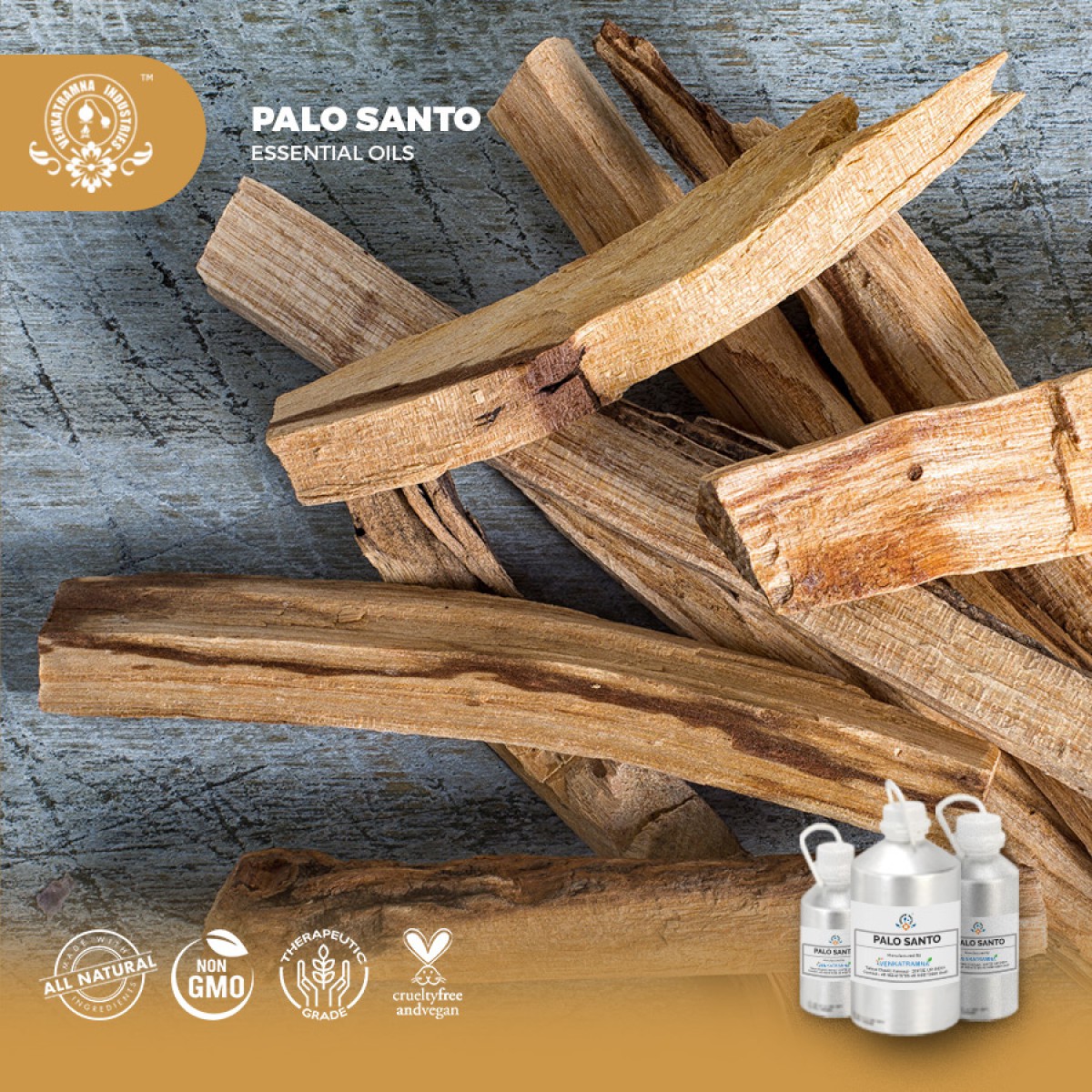
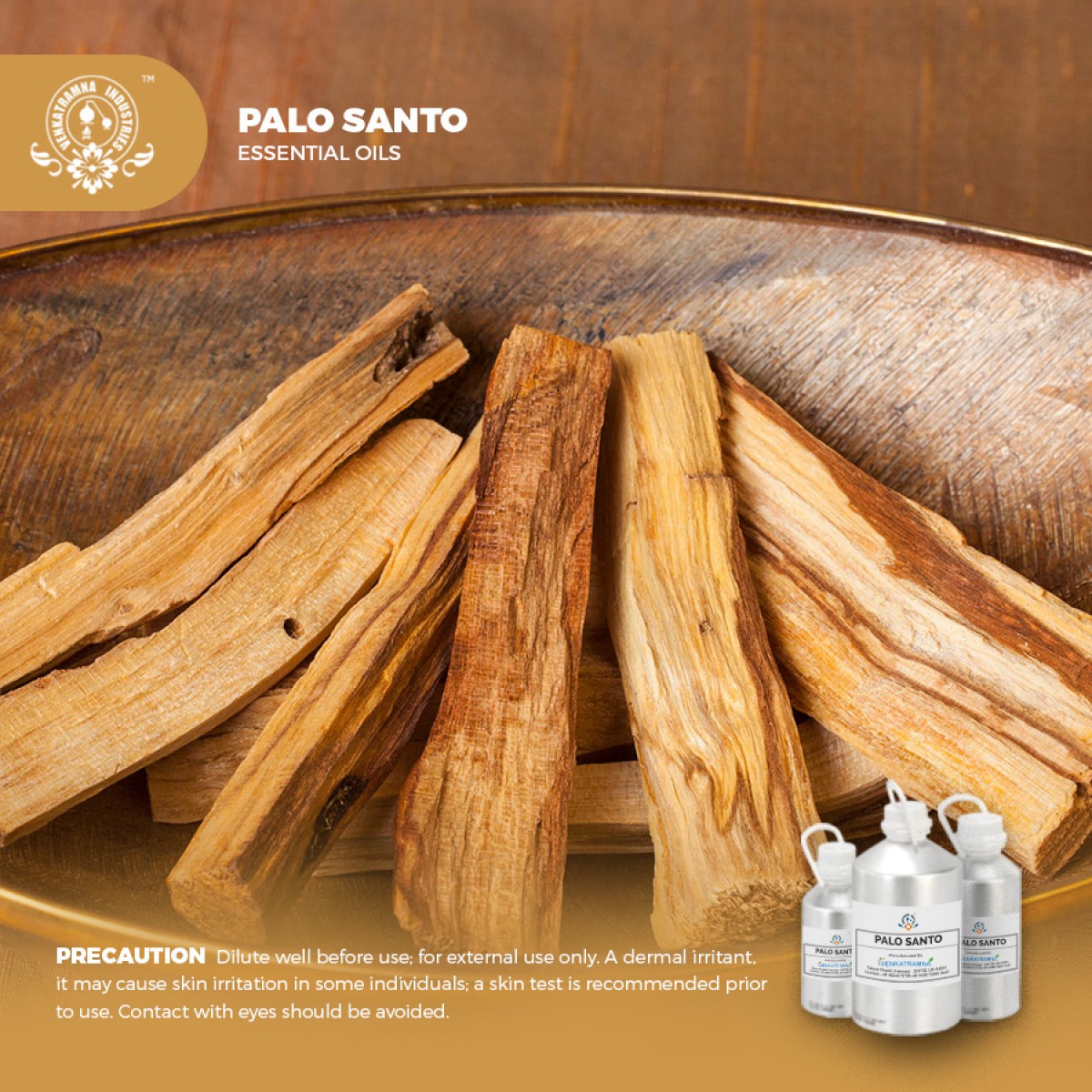
 MSDS-Palo_Santo.pdf
MSDS-Palo_Santo.pdf